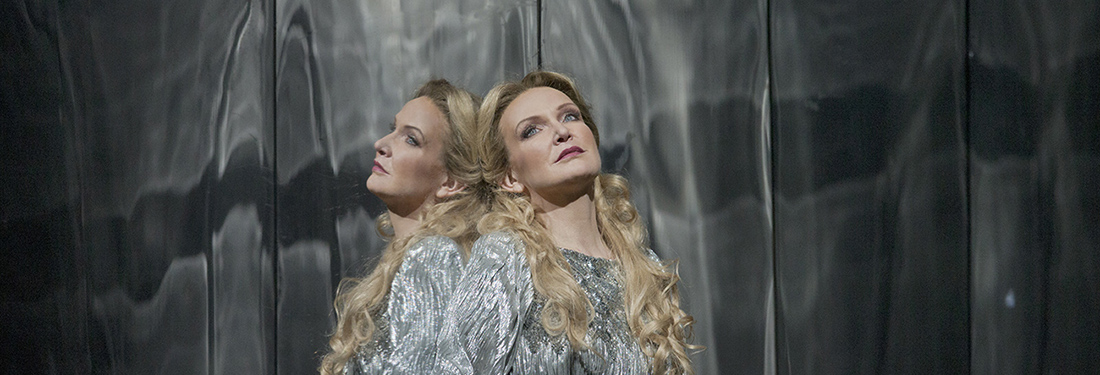
Oscar Thompson in Musical America:
To some exceptionally good singing by a cast that included Claudia Muzio, Marie Sundelius, Beniamino Gigli, Giuseppe Danise and Jose Mardones can be attributed in large measure the cordiality with which the work was received. The opera was not altogether new to New York, having been presented in an uncouth way by the Chicago Opera Association at the Lexington Theater, in February, 1919. The impression it made then was not a favorable one. Whether the difference in the manner and merit of its performance justifies its inclusion at this late date among the Metropolitan undertakings can be better told after it has been repeated a time or two. Catalani’s music, of itself, does not prophesy for it more than a little passing interest. . . .
The role of Loreley fell to Miss Muzio, and was attractively and expressively sung. Some of her upper tones were particularly full and musical, and were used with climatic effect. In appearance and action, as well as in voice, hers was a portrayal of skill and charm. Miss Sundelius, whose beautiful voice has been so often admired in parts that have given her less opportunity to prove her art, came into her own in one of the important roles and sang the music of Anna very prettily. Her acting, if not yet of the most finished nature, showed further indications of increased surety and poise.
Mr. Gigli, in fine fettle, made as much of the part of Walter as of any role far entrusted to him at the Metropolitan. Particularly in the first scene he sang gloriously, with something more than his usual fullness and richness of tone, the voice taking on a suggestion of the heroic. His air, “Nel Verde Maggio,” was finely delivered, as was his part in the duets with Loreley and Anna. The last act was a taxing one, histrionically, for him, but was reasonably well achieved.
The music given to Hermann, a Wolfram who surrenders to various contradictory promptings and is neither the sacrificing friend nor yet the mischief-maker of the plot, is about as characterless as any in the score, but the stimulating resonance of Mr. Danise’s voice made it distinctly agreeable to listen to, throughout the opera. Mr. Mardones as The Margrave had less on which to expend the opulence of his tone, but made the most of his opportunity in the funeral dirge of the final scene. No small parts remain to be enumerated, the opera calling for but five principals.
Born on this day in 1929 conductor Bernard Haitink.
On this day in 1830 Vincenzo Bellini‘s I Capuleti ed i Montecchi premiered in Venice.
On this day in 1830 Gabriel Faurè‘s Pénélope premiered in Paris.
Birthday anniversaries of composer Antonio Vivaldi (1678), soprano Dora Labbette (1898) and conductor Ferdinand Leitner (1912).
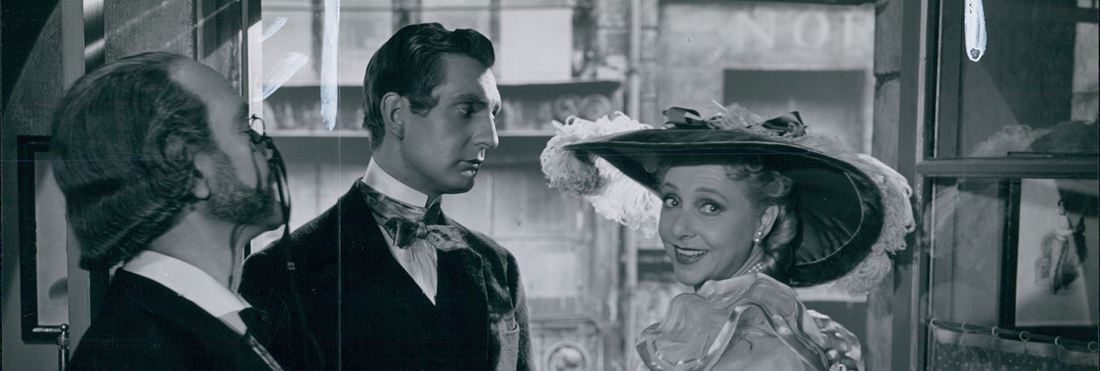
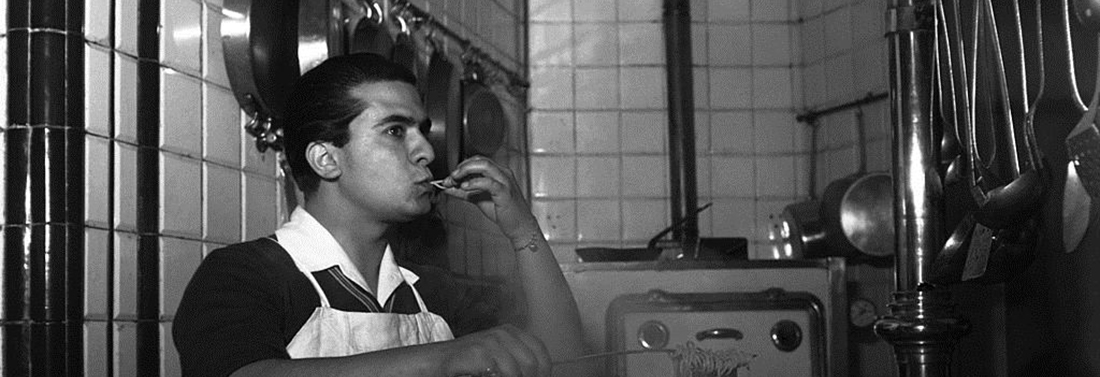
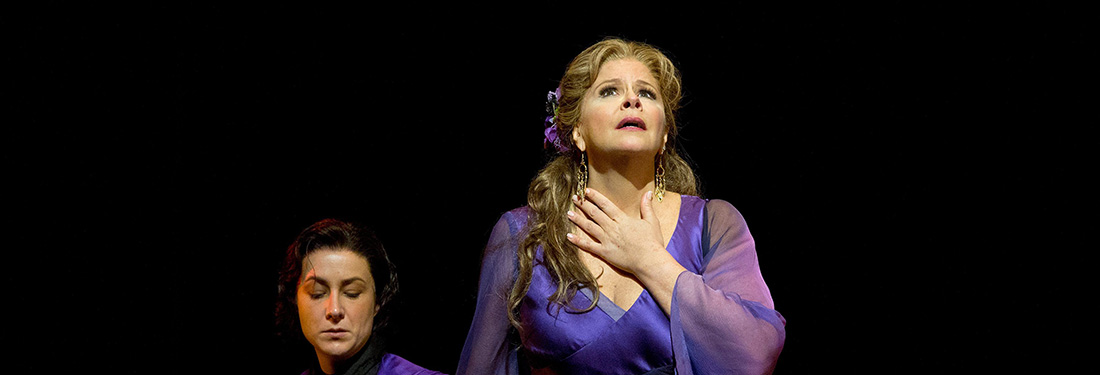
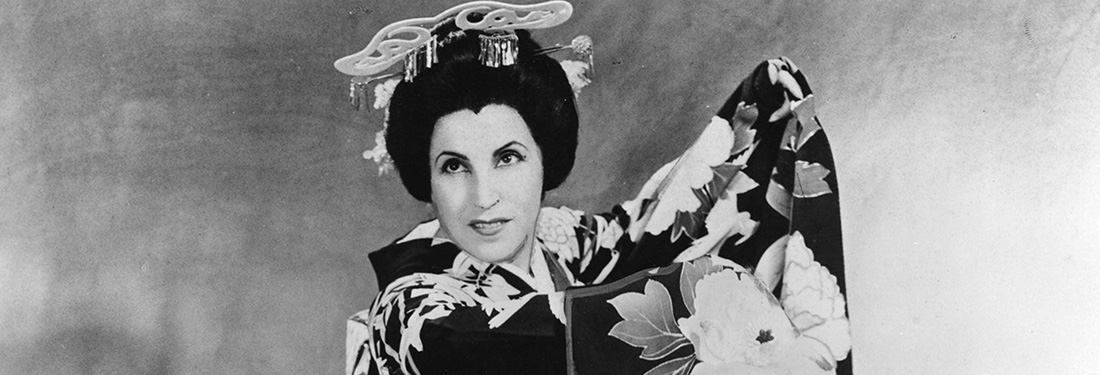
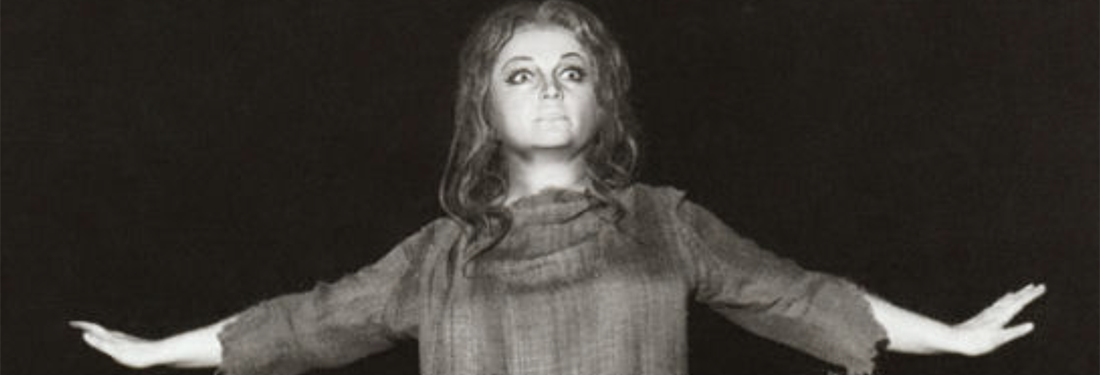
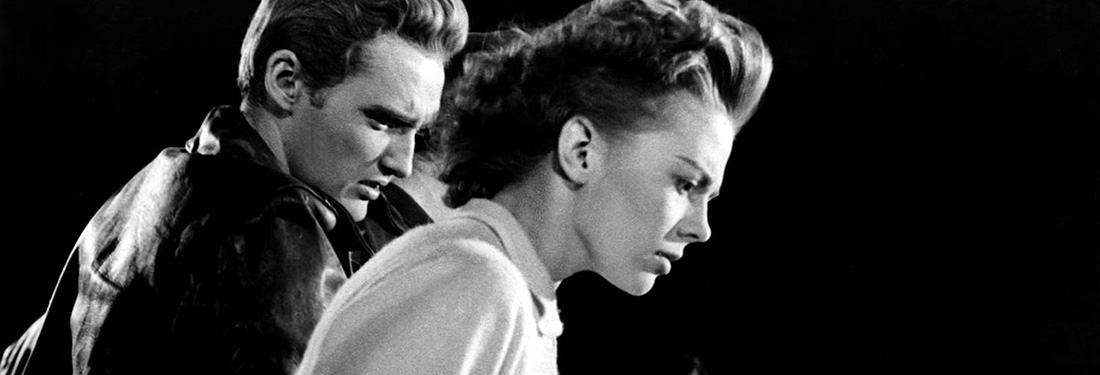
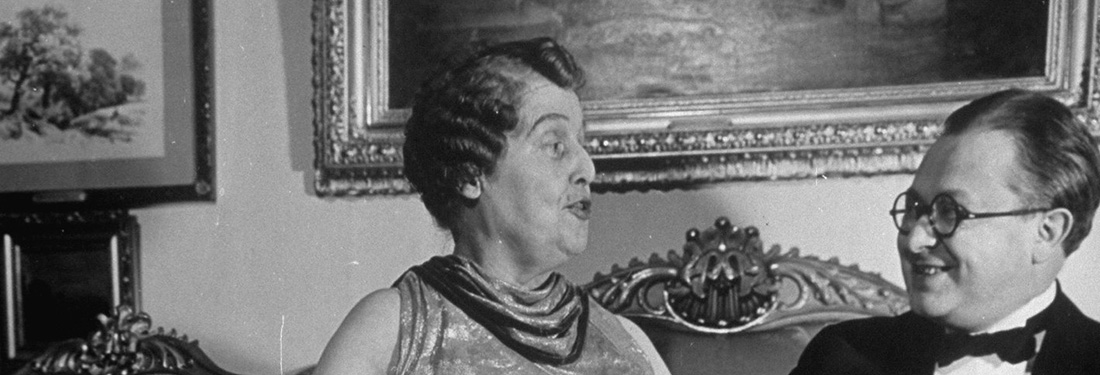

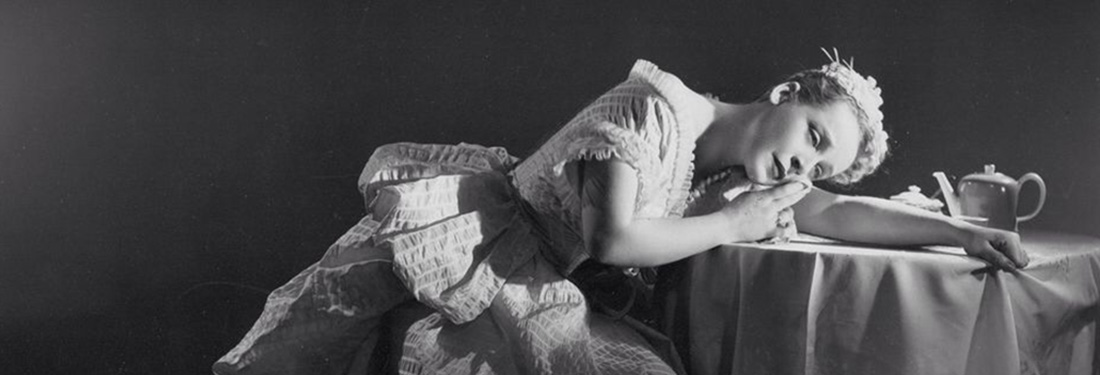
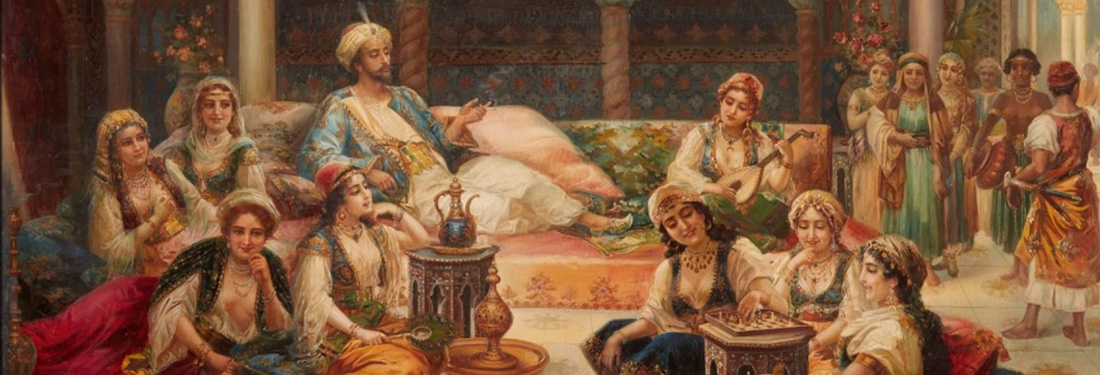
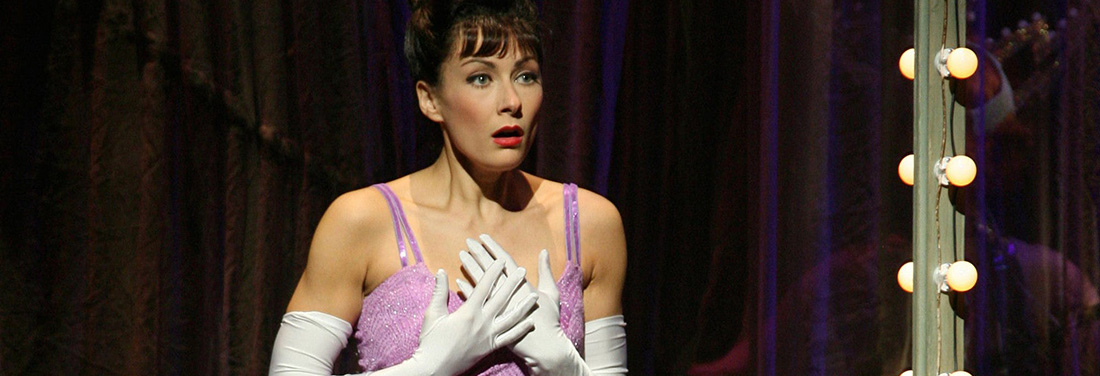
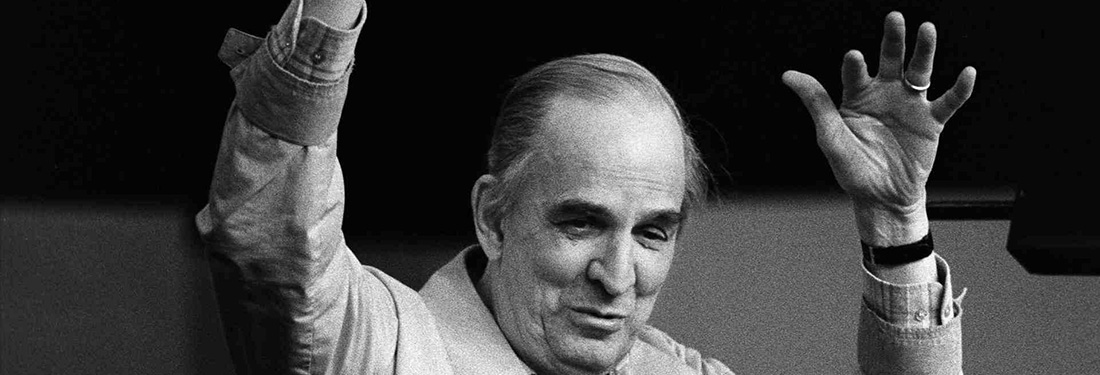

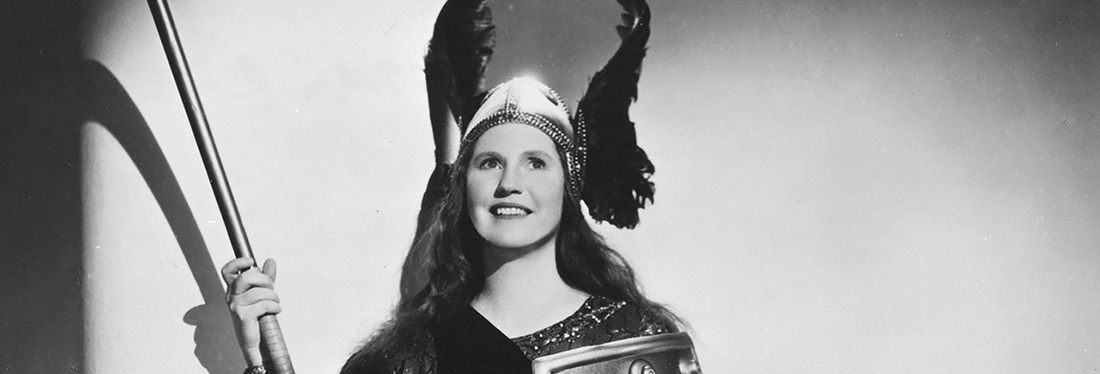






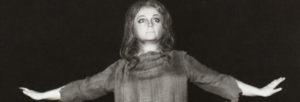




Comments